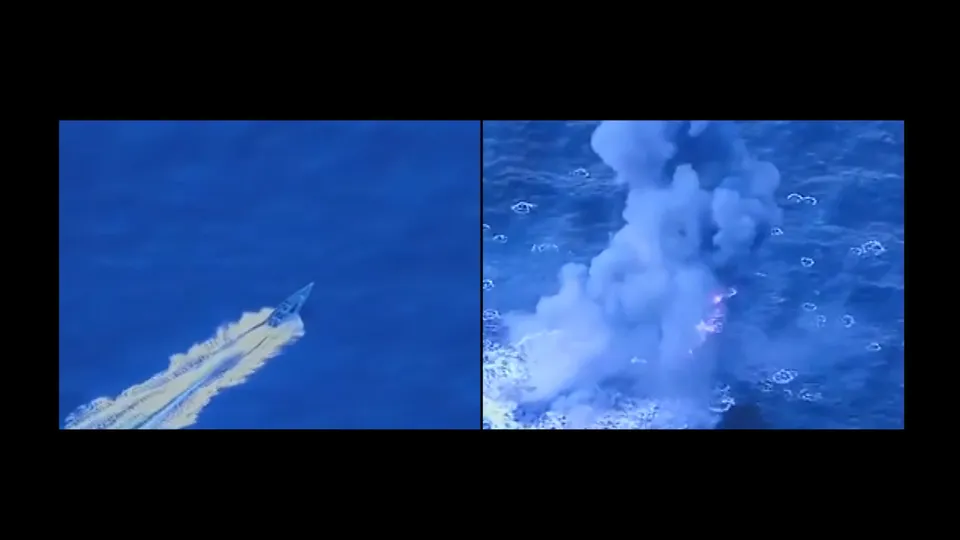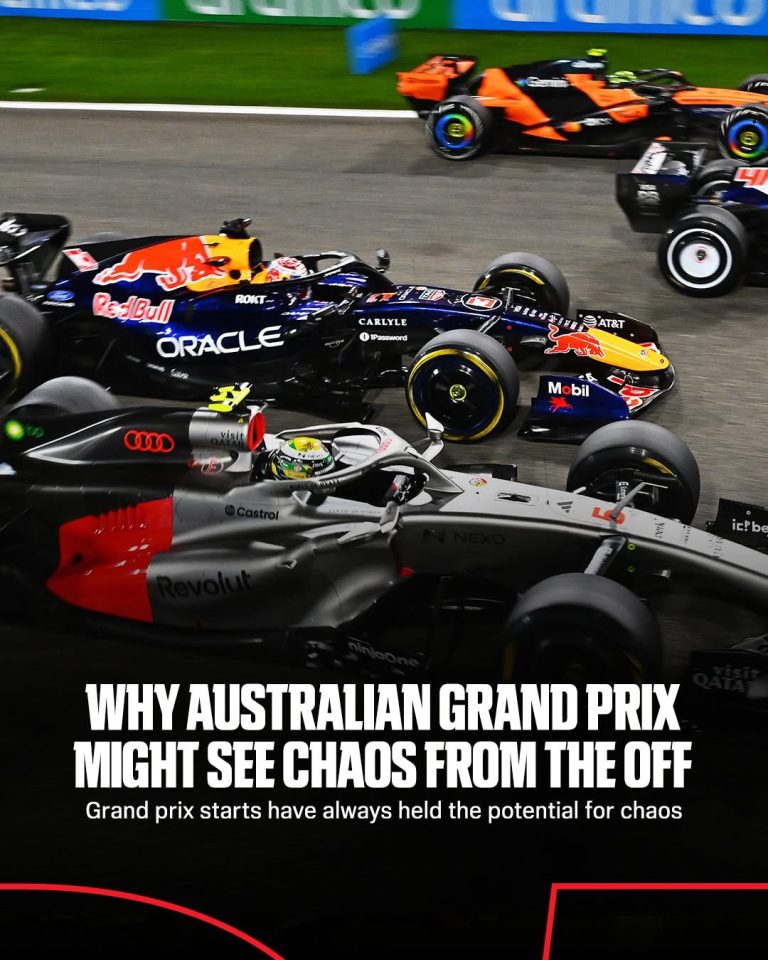
The Trump Administration has recently intensified its operations in the Caribbean by destroying seven boats suspected of drug trafficking, resulting in dozens of deaths. This aggressive move represents a significant escalation in its confrontation with Venezuela, signaling a broader shift toward more militarized and unilateral tactics in foreign policy. The actions have raised concerns among international observers about the legality and humanitarian impact of such strikes.
While the administration’s aggressive stance may appear shocking, it aligns with promises Donald Trump made during his campaigns. He frequently vowed to crack down on organized crime, immigration, and foreign threats through forceful means. Now, well into his second term, Trump’s government is acting on those pledges with a level of speed and intensity that has stunned even some of his supporters.
This violent approach reflects a broader trend within the administration—its reliance on direct, forceful interventions rather than diplomacy or multilateral cooperation. The destruction of the boats is not just about narcotics control; it’s also a show of power aimed at Venezuela’s government, which Trump continues to treat as a hostile regime. The Caribbean strikes therefore serve both as a counter-narcotics measure and a political message.
The growing pattern of aggressive actions extends beyond foreign policy. Domestically, Trump has authorized sweeping immigration raids and deployed federal troops to major U.S. cities in response to protests and crime surges. These moves have drawn sharp criticism from civil rights groups and political opponents, who accuse the administration of eroding democratic norms and human rights in the name of “law and order.”
Overall, the attacks on drug boats underscore the chaotic, high-risk style that defines Trump’s second term. His administration appears determined to impose control through displays of force—both at home and abroad—regardless of international backlash or ethical concerns. As critics warn, such unchecked aggression may ultimately deepen America’s isolation and further destabilize already fragile regions.






